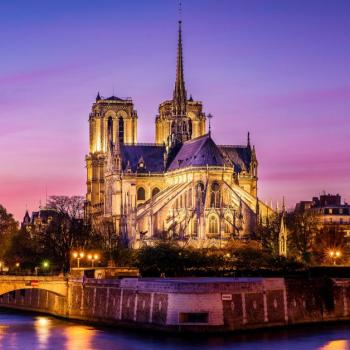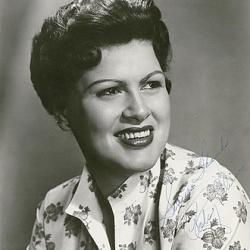To my mind the last presidential candidate to deal with these issues in a public fashion that was deeply shaped by our founders' choice was John F. Kennedy. He did a masterful job of drawing distinctions that are difficult to make in the heat of political debate, but I believe that they are distinctions that remain worth making. In an address to Protestant clergy, he noted during the campaign of 1960:
. . . it is apparently necessary for me to state once again not what kind of church I believe in—for that should be important only to me—but what kind of America I believe in.
I believe in an America where the separation of church and state is absolute, where no Catholic prelate would tell the president (should he be Catholic) how to act, and no Protestant minister would tell his parishioners for whom to vote; where no church or church school is granted any public funds or political preference; and where no man is denied public office merely because his religion differs from the president who might appoint him or the people who might elect him.
I believe in an America that is officially neither Catholic, Protestant nor Jewish; where no public official either requests or accepts instructions on public policy from the Pope, the National Council of Churches or any other ecclesiastical source; where no religious body seeks to impose its will directly or indirectly upon the general populace or the public acts of its officials; and where religious liberty is so indivisible that an act against one church is treated as an act against all.
For while this year it may be a Catholic against whom the finger of suspicion is pointed, in other years it has been, and may someday be again, a Jew—or a Quaker or a Unitarian or a Baptist. It was Virginia's harassment of Baptist preachers, for example, that helped lead to Jefferson's statute of religious freedom. Today I may be the victim, but tomorrow it may be you—until the whole fabric of our harmonious society is ripped at a time of great national peril.
Finally, I believe in an America where religious intolerance will someday end; where all men and all churches are treated as equal; where every man has the same right to attend or not attend the church of his choice; where there is no Catholic vote, no anti-Catholic vote, no bloc voting of any kind; and where Catholics, Protestants and Jews, at both the lay and pastoral level, will refrain from those attitudes of disdain and division which have so often marred their works in the past, and promote instead the American ideal of brotherhood.
That is the kind of America in which I believe.
If an Episcopalian may be allowed to endorse the words of a Roman Catholic in a fashion more familiar to Baptists in such settings, "Amen." That is, indeed, the kind of America we can believe in.





